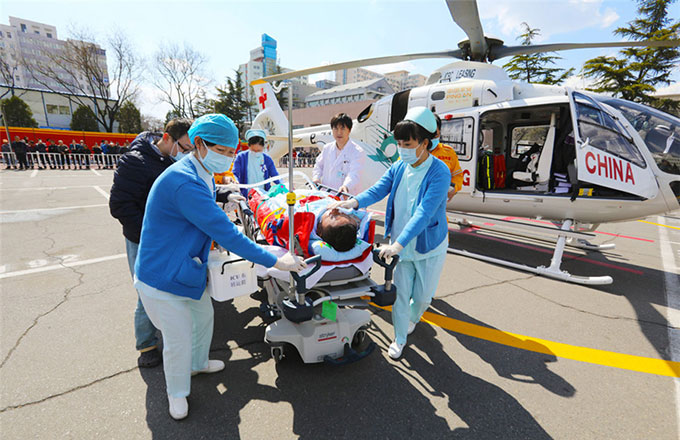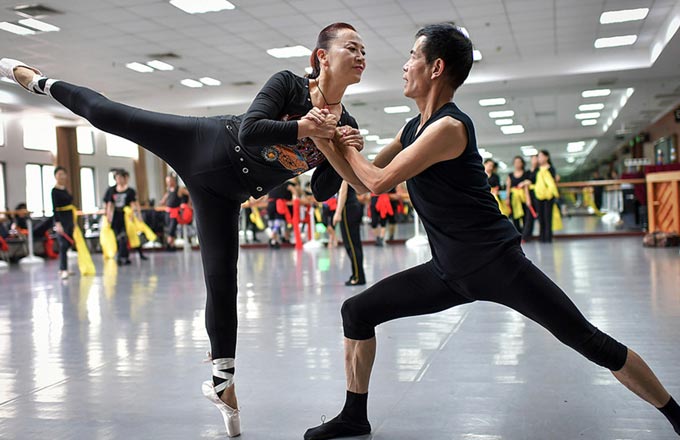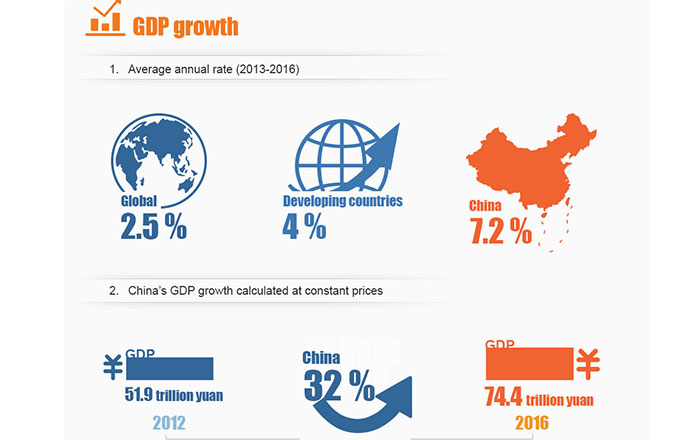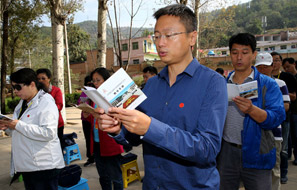Anti-missile systems upset 'common security'
 |
|
Zhou Shangping, China's representative, and Aleksandr Emelianov, representing Russia, address the media at a China--Russia joint briefing at the United Nations on Thursday. LI MUZI / XINHUA |
The development of missile defense systems should be subject to international law, with the safeguarding of a "common security environment" as a precondition, a Chinese military official said on Thursday at a China-Russia joint briefing at the United Nations.
"Relevant countries should recognize safeguarding common security environment as the overriding interest, stop developing missile defense systems incompatible with the actual threats they face, and avoid harming the security interests of other relevant parties," said Zhou Shangping, Chinese representative and deputy director of the Operation Bureau of the Joint Staff Department of China's Central Military Commission. Zhou spoke at a briefing on the sidelines of the General Assembly.
Despite China's objections, the United States and the Republic of Korea began installing the Terminal High Altitude Area Defense anti-missile system in the ROK this year, with more missile interceptors planned.
It was the third briefing that Chinese and Russian military officials have jointly held on the anti-missile issue this year.
The anti-missile issue has a profound and long-term impact on global strategic balance and stability, peace and security, as well as arms control and the disarmament process, Zhou said.
Seeking absolute security of one's own at the cost of the security of others by developing a global missile defense system inevitably exacerbates the international security environment, disrupts global strategic balance and stability and can trigger confrontation or even an arms race, Zhou said.
He said he hopes all countries start from the perspective of maintaining global and regional strategic stability and enhancing strategic mutual trust among countries.
The US deployment of missile defense systems in the Asia-Pacific region seriously jeopardizes the strategic interests of China, Russia and other countries, Zhou said.
"China strongly urges the US and the ROK to attend to the strategic security interests and concerns of countries, including China and Russia, and take back their wrong decision and withdraw relevant facilities," Zhou said.
Aleksandr Emelianov of the Russian Defense Ministry international cooperation committee said the development of the global anti-missile system is a major issue of international security and has a profound impact on the process of nuclear disarmament and strategic stability.
Emelianov said the United States' unilateral withdrawal from the Anti-Ballistic Missile Treaty and its establishment of a global anti-missile system have undermined the current international security system and broken the strategic balance. He said this could lead to an arms race that would generate unpredictable consequences, including lowering the threshold for the use of nuclear weapons.



























